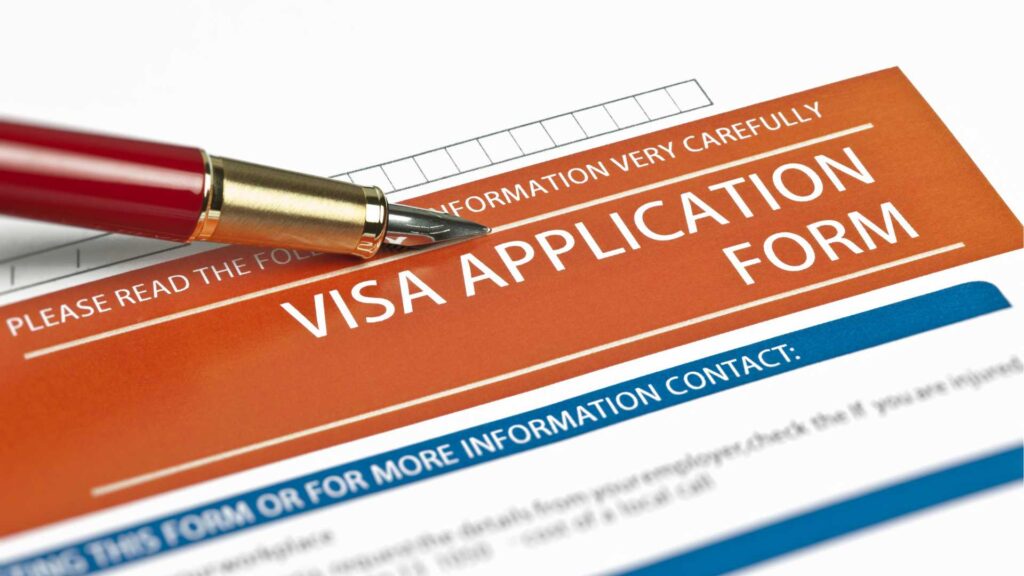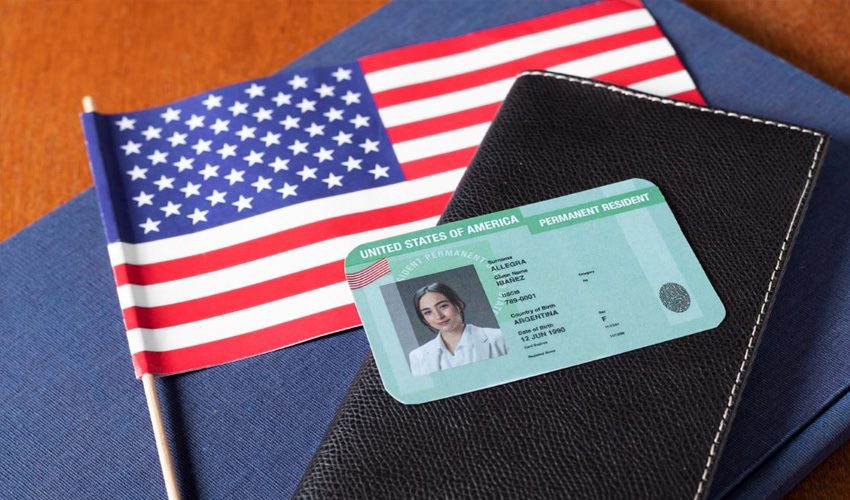
In an investigative twist that reads like a high-stakes crime story, the latest buzz in U.S. immigration circles is all about the Visa Bulletin April 2025. This edition is expected to usher in dramatic changes for Indian families chasing their American dream through employment-based (EB) visa categories. As a seasoned crime reporter and professional blogger, I’m here to break down the developments, the numbers behind the headlines, and what they mean for applicants across the nation.
The Story Unfolds: What Is the Visa Bulletin April 2025?
Every month, the U.S. Department of State releases a Visa Bulletin, a critical document that indicates the availability of immigrant visas across various categories. This month’s bulletin, however, is generating headlines for all the right reasons. For Indian families—whose applications often face extended backlogs—the April 2025 edition is predicted to be a game-changer.
A Closer Look at the Breakthrough
According to recent analyses and insider reports, there’s significant optimism that the final action dates for the EB-2 and EB-3 categories will see notable advancements. Specifically:
- EB-2 Category: The final action date is projected to advance by one month—from December 1, 2012, to January 1, 2013. This seemingly small change could open the door for hundreds of applicants who have been in limbo for far too long.
- EB-3 Category: Even more impressive is the predicted two-month jump—from February 1, 2013, to April 1, 2013—potentially speeding up the process for skilled workers and professionals alike.
These advancements have the potential to reduce wait times considerably, thereby offering a big boost to Indian families and individuals eager to secure their Green Cards.
Breaking Down the Numbers: What Do These Changes Mean?

EB-2 and EB-3 Categories Under the Microscope
Let’s unravel the mystery with a simple table that highlights the current and predicted final action dates:
| Category | March 2025 Date | Predicted April 2025 Date | Advancement |
|---|---|---|---|
| EB-1 | 01 FEB 22 | No change expected | – |
| EB-2 | 01 DEC 12 | 01 JAN 13 | 1 month |
| EB-3 | 01 FEB 13 | 01 APR 13 | 2 months |
| EB-4 | 01 AUG 19 | May become “Unavailable” | – |
| EB-5 | 01 JAN 22 | Retrogression expected | – |
The above figures indicate a strategic shift that could allow more Indian applicants to file their adjustment of status or consular processing applications sooner. This advancement is akin to cracking a case wide open after years of investigative dead ends.
The Real Impact on Indian Families
For Indian families, these updates are nothing short of a breakthrough. When the final action dates shift forward, it means that applicants with priority dates up to these new cutoffs can finally move ahead with their Green Card applications. This isn’t just about numbers—it’s about reuniting families, stabilizing futures, and easing the emotional strain that comes with extended separations.
Imagine a primary applicant who has been waiting since late 2012. With the new dates, not only does this individual finally see a ray of hope, but their spouse and children also gain derivative eligibility. For many, this marks the end of a long, frustrating wait and the beginning of a new chapter in their American journey.
The Bigger Picture: Why Now?
Shifting Trends and Policy Considerations
The latest predictions for the Visa Bulletin April 2025 come on the heels of several months of gradual yet noticeable advancements. Immigration experts point out that this change may be driven by unused visa numbers in other categories or a recalibration of policy priorities by the State Department. For instance, while the EB-5 category is expected to retrogress—a setback for investor immigrants—the positive movement in the EB-2 and EB-3 categories speaks volumes about the current policy focus on family and employment-based reunifications.
Expert Opinions and Case Studies
Immigration law firms such as Fragomen have been closely tracking these trends, noting that the observed advancements are consistent with efforts to alleviate long-standing backlogs. One expert remarked, “For many Indian families, every month counts. The forward shift in the EB-2 and EB-3 categories could mean the difference between years of uncertainty and finally having a shot at permanent residency.”
Additionally, case studies from previous bulletin shifts show that even a one or two-month advancement can have a dramatic effect on the volume of approved cases. This data not only supports the current predictions but also highlights the broader impact of such policy shifts on family reunification and workforce stability.
What Does This Mean for the Future?
A Glimpse of Hope Amid Challenges
While the advancements in the EB-2 and EB-3 categories are undoubtedly positive, the overall picture remains complex. The Visa Bulletin is a living document that reflects the dynamic interplay of visa demand and supply. Applicants are advised to remain vigilant and consult with immigration professionals to navigate the changes effectively.
For now, however, the outlook is optimistic. The anticipated changes in the Visa Bulletin April 2025 offer a timely boost that could alleviate years of waiting for many Indian families, setting a precedent for future bulletins.

Conclusion: The Case Closes on a High Note
In the realm of U.S. immigration, every month can feel like an investigation with twists and turns. The Visa Bulletin April 2025 is poised to deliver a breakthrough for Indian families, particularly in the EB-2 and EB-3 categories. With final action dates advancing by one and two months respectively, the prospect of reduced wait times and accelerated processing is a welcome development. As we await the official release, one thing is clear: hope is on the horizon for those who have been waiting too long.
FAQs
1. What is the Visa Bulletin April 2025?
The Visa Bulletin is a monthly publication by the U.S. Department of State that outlines the availability of immigrant visa numbers. The April 2025 edition is predicted to offer significant advancements in final action dates for Indian applicants in the EB-2 and EB-3 categories.
2. How will these changes affect Indian families?
The anticipated advancements mean that Indian families, especially those with primary applicants in the EB-2 and EB-3 categories, could see reduced waiting times for their Green Card applications. This can lead to faster family reunification and a more stable immigration process.
3. What are the specific advancements in the EB-2 and EB-3 categories?
For the EB-2 category, the final action date is expected to advance by one month, while the EB-3 category is projected to see a two-month advancement. These changes can allow more applicants to become eligible for filing their Green Card applications sooner.
4. Are there any negative impacts in other categories?
Yes, while the EB-2 and EB-3 categories are seeing advancements, other categories like EB-5 might experience retrogression. However, the focus for most families remains on the EB-2 and EB-3 categories.
5. What should applicants do now?
Applicants should keep a close eye on the official release of the Visa Bulletin April 2025 on the U.S. Department of State website and consult with immigration experts for personalized guidance on their cases.
With these developments unfolding, the immigration world is abuzz with renewed hope and optimism. The Visa Bulletin April 2025 might just be the turning point that many have been waiting for—a breakthrough that redefines the pathway to the American dream for countless Indian families.
